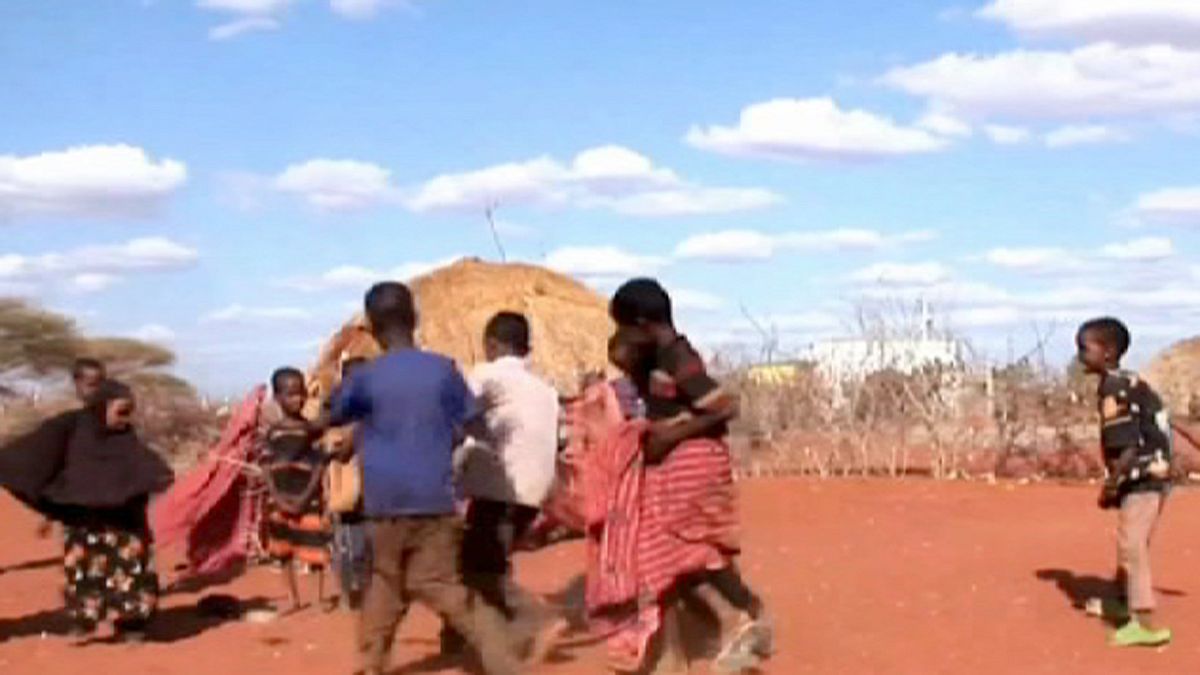In some disaster areas teachers are drawing useful lessons from traumatic events; raising awareness of disaster management, teaching students to understand their environments better and helping them to overcome tragedy.
Japan: Radiation education
After the Fukushima meltdown, nuclear contamination has become part of daily life for many Japanese families so some schools are teaching classes about radiation and how to avoid it. But doing this without inflicting further trauma is a tough challenge.
Information and disinformation is available all the time via the media, and sometimes the result is frightened children.
So teaching youngsters the truth is important. Children in Japan are facing hard facts but their teachers hope they are also building good memories of their schooldays.
For more information see
“ fr.rian.ru “: http://fr.rian.ru/discussion/20120312/193869045.html
Kenya: Dry studies
The drought in Kenya threatens everything and has disrupted many lives. Ali Youssef Omar, 16, was displaced by the drought and lives in a refugee camp. His family used to have 200 goats, but now they only have three. Ali and his family tried to save their goats by feeding them cardboard boxes. They have no other food. The family lives on porridge.
Despite the problems, Ali is studying. He and his family believe it is the only way he will ever get a job and be able to provide for them all. He studies by torchlight but still gets good marks. He likes science and maths best, and thinks they are the subjects which will get him a good job. But paying his school fees is hard. In the past, the profits from the livestock paid his fees, but now it is a struggle.
The United Nations estimates that around 12 million people have been affected by the drought, the worst in decades.
Italy: Lessons from the floods
Last October the Italian coast of Liguria was flooded. Entire cities were destroyed and the landscape was changed forever. Now, children at a middle school in La Spezia are doing an experimental science course to help them understand the damage to their region and the causes of the flooding.
They know all too well what the catastrophe meant in human terms. One of their teachers died in the flooding. The reckless overbuilding on the coast and the lack of forest maintenance to reduce landslides, were among the causes of the hydrogeological damage to the region.
Their teacher has shown these children a controversial construction site in an area hit by floods. It is liable to be flooded again but developers still want to build a huge shopping centre on the land. Big money is at stake and the plans for this shopping centre have been temporarily suspended, but not definitively abandoned. It seems there are still lessons to be learned.
